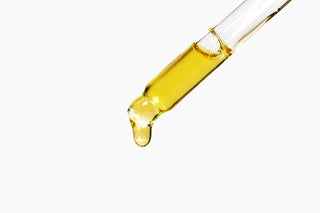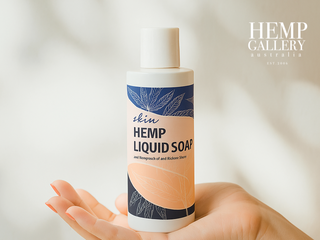Hemp, a variety of the Cannabis sativa plant species, has gained popularity as a versatile and nutritious food source. However, concerns about the presence of THC (tetrahydrocannabinol), the psychoactive compound found in cannabis, in hemp-based food products have arisen. In this article, we will explore the THC content in hemp food and shed light on the regulatory measures and considerations surrounding its consumption.
THC Levels in Hemp
Hemp is distinct from marijuana in terms of its THC content. While marijuana contains high levels of THC, hemp is legally required to have THC levels below a certain threshold. In many countries, including the United States and Europe, hemp must contain no more than 0.3% THC to be classified as legal industrial hemp. This extremely low THC content ensures that hemp does not possess psychoactive properties and cannot produce the intoxicating effects associated with marijuana.
Regulatory Measures
Governments and regulatory bodies impose strict regulations to ensure that hemp-based food products comply with legal THC limits. These measures aim to protect consumers and maintain the clear distinction between hemp and marijuana. Companies that produce hemp-based food products must adhere to these regulations and conduct regular testing to verify that their products meet the required standards.
Third-Party Testing and Quality Assurance
Reputable manufacturers of hemp-based food products take quality assurance seriously. They often engage in third-party testing to verify the THC levels in their products and ensure compliance with legal limits. These independent lab tests provide an additional layer of transparency and guarantee the safety and legality of hemp food products.
Understanding the Labels
When purchasing hemp food products, it is essential to carefully read the labels and packaging. Look for products that clearly indicate compliance with legal THC limits. Reputable manufacturers provide information on THC levels and may also include details of third-party testing. This information assures consumers that the product has been tested for THC content and complies with legal requirements.
Consumption Considerations
Consuming hemp-based food products with trace amounts of THC, such as hemp seeds or hemp oil, does not typically result in psychoactive effects. The minute levels of THC found in these products are not sufficient to produce intoxication or alter cognitive function. However, individuals who are particularly sensitive to THC or are subject to strict drug testing protocols may still have concerns about consuming hemp products.
It is important to note that while the THC content in hemp food products is minimal, individuals should exercise caution and consult with a healthcare professional if they have specific concerns or medical conditions that may be affected by even trace amounts of THC.
Hemp based food products, including hemp seeds, hemp oil, and hemp-derived protein, generally contain minimal levels of THC. Strict regulations and quality assurance measures ensure that hemp food products comply with legal THC limits. When consuming hemp food products from reputable sources, individuals can enjoy the nutritional benefits without the psychoactive effects associated with marijuana. However, individuals with specific concerns or sensitivities should consult with a healthcare professional for personalized guidance.



